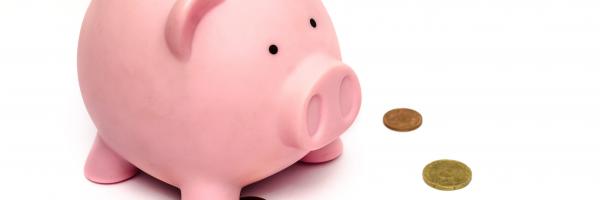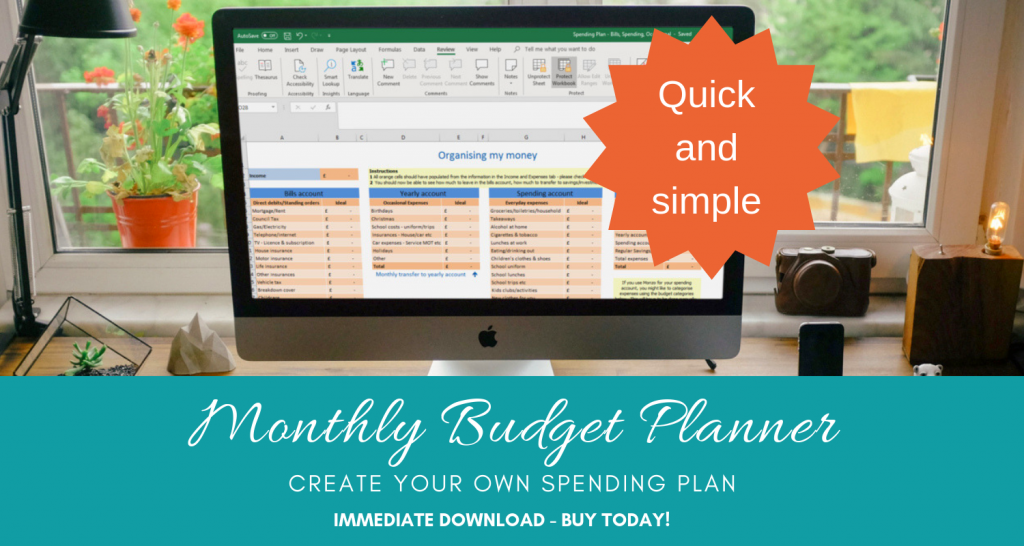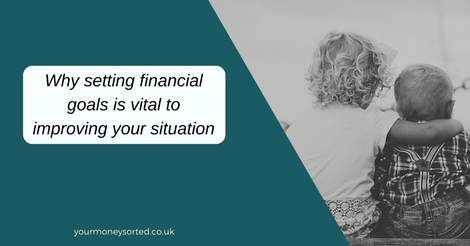Take a course!
- quickly reduce anxiety & begin to feel more confident with money
- implement simple systems, saving time & money with easy to follow money tips
- start paying off debt, build emergency savings & security
This 365 day money challenge will save you a fortune, I promise. However, it might not be the type of 365 day money challenge you were expecting!
This challenge involves creating a calendar and putting in important money dates, to help you keep control of your money and save yourself a wad of cash.
Many of us couldn’t operate without diaries/calendars to record birthdays, events and appointments. But how many of us keep a money calendar? Very few, I imagine.
Let's look at what it is and why I think it is important.

Where to start
It is simply a calendar that records all the important financial dates that happen throughout the year. You can use a paper calendar or one on your computer or phone. I use my phone because it's easy to set reminders.
Start by noting all your pay dates. In my role as a money coach, I talk about having a "money date" with yourself. People often find money scary and difficult, but I think having a money date can really help with this. Pop it in the calendar, set aside an hour, grab a cuppa and find somewhere comfortable and warm for your date. Make each payday a money date and look on it as an exciting chance to make your money work better for you!
On your date: Check through your bank statement from the previous month. Check for the following things:
- Any mistakes by the bank.
- Old direct debits that have not been cancelled.
- Double charges - sometimes this happens when the first transaction is declined but has actually gone through.
- Auto renewals or subscriptions you don’t want.
- Things you didn’t buy- this helps you to check for fraudulent payments.
- Refunds that should have come through.
Other things you should do every month
Check your spending in relation to your budget. If you don’t have a budget – make one! It's the easiest way to reduce monthly spending and help you to reach your financial goals.
Set and review financial goals – set targets for paying off debt, adding to an emergency fund, for building savings, for future retirement funds.
If you don't have any financial goals, then find out why it's a great idea to start setting some.
You should already have automated any payments into retirement savings or other savings immediately after payday - check that this system is working for you.
If you have not done this, then I would really recommend it. It's called "paying yourself first" and it's can really help you to become financially secure more quickly. If you leave the money in your account with the thought that you will save later in the month, then you will find that you are much more likely to spend the money than save it.
If you do have money left at the end of the month, use it to pay extra money off your debts, or transfer it into a savings account, so that you start this fresh month with your budgeted money only.
6 monthly tasks
Every 6 months you should track your net worth. If you have not started doing this, then start! It's a fascinating and exciting process.
Net worth is the difference between what you own and what you owe. To find your net worth add the value of everything that you own - house, car (as long as you will own it eventually), savings, investments, pensions etc. Then add the value of everything that you owe - mortgage, car loan, other loans, credit cards etc. Subtracting the second figure from the first figure will give you your net worth.
If you would like to be financially secure, then you should aim to reduce the amount you owe and increase the value of what you own. It's really motivating to see debt reducing and savings increasing.
You should also check your credit report every 6 months. Make sure that you choose one of the free options for this, rather than paying to check it.
Every year
Every year you should check and re-evaluate your money goals.
- Have you managed to reduce your debt?
- Are your retirement pots going to provide you with the income you require in retirement?
- Have your savings pots covered things like Christmas, insurances and holidays?
- Is your emergency fund fully funded?
Throughout the year
Make a note of when loans end so that you can check that payments have stopped, and then allocate that money to somewhere else.
Note any planned major household expenses such as home or garden improvements.
It's useful also note dates for car service and MOT, and plan for these expenses throughout the year.
Taking care to note insurance renewal dates can be a big money saver. Research by Money Saving Expert (MSE) (over 18 million quotes) found that buying insurance 3 weeks ahead of start date is cheapest. It can cut the cost of your premium in half when compared to buying it 30 days in advance or on the day of renewal! Set a reminder for 3 weeks before your insurance is due to make sure you can get the cheapest price.
How does it help?
As you can see this is the 365 day money challenge that helps you to reach financial goals, spend less money, and be able to put more money towards savings and investments to create more financial security for you and your family.
Why not grab a pen or your phone and get started now?
I am Eileen Adamson, money coach, working online with UK based professional women, helping them to develop a better relationship with money. Through this, I can help you to create time, freedom and financial security for you and your family.











